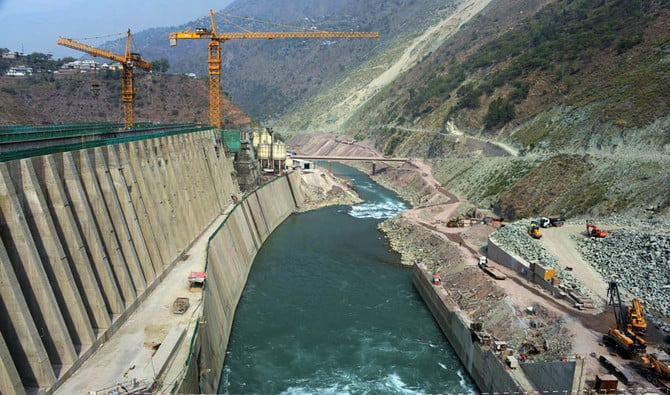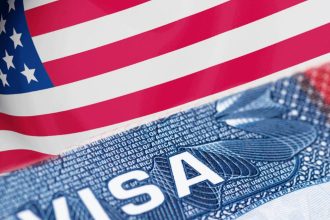A dispute between Pakistan and India over the Kishanganga and Ratle hydroelectric projects was brought before the Permanent Court of Arbitration on Friday as part of a long-standing water-sharing agreement.
The Permanent Court of Arbitration is a non-UN intergovernmental body headquartered in The Hague.
In response to Pakistan’s objections to India’s construction of the 330 MW Kishanganga project on the Jhelum River and its plans to build the 850 MW Ratle project on the Chenab River in Indian-held Kashmir, the attorney general’s office of Pakistan (AG) has issued a statement.
The AG office released the statement after becoming aware of news reports regarding the neighboring nation’s attempt to unilaterally modify the Indus Waters Treaty that was published in the Indian press.
According to the office, such stories are false and should not be believed because the treaty cannot be unilaterally changed. This effort drew attention away from the ongoing arbitration proceedings in The Hague.
Reuters reported that India had asked Pakistan to amend the Indus Waters Treaty to prevent third parties from interfering in disputes.
The agency reported on Friday that New Delhi had given Pakistan a notice to modify the treaty and wanted to meet to begin resolving the protracted dispute within 90 days, citing an Indian government source.
When questioned about the changes New Delhi wanted, a second source responded, “Whatever minor differences that may arise, how they can be resolved without the involvement of any third party since it is a bilateral treaty. No need for a third party should exist. “.
Pakistan is worried that India’s proposed hydropower dams will reduce river flows, which supply 80% of that country’s irrigated agriculture. It has requested the intervention of a third-party expert and an arbitration court over the years.
On the other hand, India claims that the construction of its Kishanganga and Ratle projects is permitted by the six-decade-old Indus Water Treaty and accuses Pakistan of prolonging the complaints process.
Pakistan’s delegation in the arbitration court is led by the nation’s court representative, Additional Attorney General (AAG) Ahmad Irfan Aslam. Also, it includes the Secretary to the Ministry of Water Resources, Hassan Nasir Jamy and Pakistan’s Commissioner for Indus Waters, Syed Muhammad Mehar Ali Shah. Among others, British lawyer Sir Daniel Bethlehem is Pakistan’s representative.
By Article IX of the Indus Waters Treaty, Pakistan requested the creation of an ad hoc arbitration court on August 19, 2016, which started the legal action.
The nation took this action after vehemently voicing its concerns in the Permanent Indus Commission beginning in 2006 for the Kishanganga project and in 2012 for the Ratle project, and after seeking a resolution in government-level talks in New Delhi in July 2015. Pakistan has decided to start legal proceedings as retaliation for India’s continued refusal to address Islamabad’s concerns.
The treaty establishes two dispute resolution procedures: neutral expert, which handles only technical disputes, and court of arbitration, which deals with legal, technical, and systemic issues.
Pakistan requested the creation of the arbitration court due to systemic issues requiring legal interpretation.
India made an overdue request for the appointment of a neutral expert in response to Pakistan’s formal dispute resolution process initiation. It was an example of India’s “characteristic bad faith,” according to the AG office statement, to submit a tardy request for resolving disputes brought up by Pakistan.
On December 12, 2016, the World Bank suspended the procedures for establishing the arbitration court and appointing a neutral expert out of concern for the potential for conflicting results from two parallel processes. Instead, the World Bank invited the two nations to negotiate and settle on a single forum.
No forum could be chosen by Pakistan and India that was acceptable to both. Spite the fact that India had already completed the Kishanganga project by the time the World Bank finally lifted the suspension, established the arbitration court and selected an impartial expert after six years.
Pakistan participates in both forums because it believes that any chance of incompatible outcomes can be avoided by coordination and cooperation between them. In contrast, India has boycotted the arbitration court, which is currently proceeding ex-parte and has the authority to do so.






